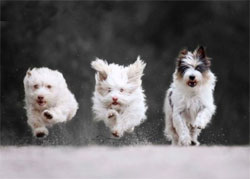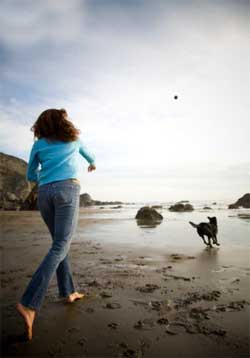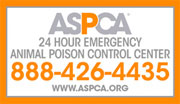Dog training the come command and recall

Dog training the come command or recall may be one of the most frustrating and rewarding periods for you as a trainer.
Its a wonderful mechanism to have in your tool kit of commands, and once mastered its rewards are tremendous.
The challenges in training will be all around you outdoors when vying for your dogs attention to answer the command.
The reward is the confidence youll have in your dog to come to you when outside, off leash, and to keep your dog safe.
Having your dog walk with you off leash is truly an incredible feeling for you and rewarding for the dog as well with more freedom.
It should be mentioned this is an advanced training technique, and should be taught after a solid foundation of the basics, (Sit, stay, down, and no leash pulling) as we need the dogs complete attention.
Basics
- The majority of problems with the come/recall command take place from the dogs perspective of us. The dog may associate the command with an unpleasant experience in the past created inadvertently or not. You may have to use another word besides come to start off with a clean slate.
- Using the come command to retrieve our dog for punishment from its actions or reel him in to perform undesirable tasks (perhaps your
dog hates nail-clipping) is a losing battle and will never set the dog up to succeed in training.
We need to be cautious when using the command to solidify in the dogs mind 100% his response will result in a tremendously rewarding experience. - Praise and rewards should be over the top! We need the dog to want to come when called.
- Pull out the best treats for training, and lavish praise. Use life rewards like belly rubs, before meals, play-time or before a walk to make this a truly rewarding experience for the dog.
- Get into the habit of touching the dogs collar before being rewarded. This may sound trivial, but your dog will associate this as part of the task, and help avoid any tendencies for him to run around you instead of coming to your position.
- Remember to take small steps in this exercise toward your ultimate goals. Its a tough command to master for both you and your dog. Patience, persistence and repetition are keys to success.

Method
- Start training in a quiet location, free of distractions to begin. Stand 5 feet away from your dog and say the come command with your dogs
name, such as Max come.
Get your body into an inviting position with arms open. Praise your dog for giving you his attention and while he approaches you. Touch his collar after which you immediately reward with a tasty treat and praise when the dog arrives. - Practice this for a week inside the home, consistently increasing the distance. Use it frequently during the day with all family members and especially before meals to reinforce the reward to your dog for obedience.
- After a week with your dog responding to you on the come command from anywhere in the house, move the training outside in a safe environment like a fenced yard.
- Introduce the long line to your dog. Its simply a 20ft length of light weight nylon rope clipped on to the collar. The long lead should trail
behind the dog effortlessly when its going through this period of training, but comes into play later when we take the dog outside into
non-fenced areas.
Its merely a safety precaution to prevent the dog from bolting as the length helps us keep our pet in a wider control area. - When training inside in the safely fenced yard, perform the same exercises as before starting with short distances for the come command, always rewarding and praising after the collar touch.
- Try to make it fun, with a game of name tag. Have your family join in, and reinforce the command to the dog with lavish praise and rewards. See the video below for the tag-game.
Whats next?
- Taking it out into the big bold world only after your dog responds consistently inside the safe area. We begin by using the long lead, allowing the dog to free-up its limitations of distance away from us but only within the boundaries of the long lead. Have your dog start at short distance for the initial commands, and progressively increase the space.
- Incorporate a walk with your dog on the long lead, and allow him to explore the area within the radius of the lead, using the come command at various distances.
- Dont be frustrated if the response to the command is not immediate. Youre competing with a world of scents and distractions, so be patient in training, and praise the dog for proper performance when he listens.
- Always follow a proper execution of the recall with a collar touch and lavish praise with equally lavish rewards.
The final challenge is to walk with your dog on the long lead and let go of the rope. This is by far most intense leap of faith yet.
It will trail behind him but keep it close enough to immediately grasp or step on it if the dog appears to be getting out of range.
Use the come command if the dogs at the end of your comfort zone, always having the long lead as a safety precaution. Dont use the lead to reel in the dog, just as a boundary limiter. The training goal is to have the dog come back to you on his own free will.
If your dog has achieved this outstanding goal, he is truly worthy of exceptional praise. Its a hard obedience command to master, and some dogs never really get it. Its rewards are obvious, and a huge verification of your dogs trust is you as well as yours in your dog.
Practice often, and really solidify your dogs training response through repetition and reward.
Reward yourself too for a job well done!
Best wishes from dog care basics

Brand new look! Hope you like.
A victory against puppy-mills in Missouri after Prop B vote
Jon Stewart's "The Daily Show" spin on Prop B...hillarious (11/11/10) Clip#2







